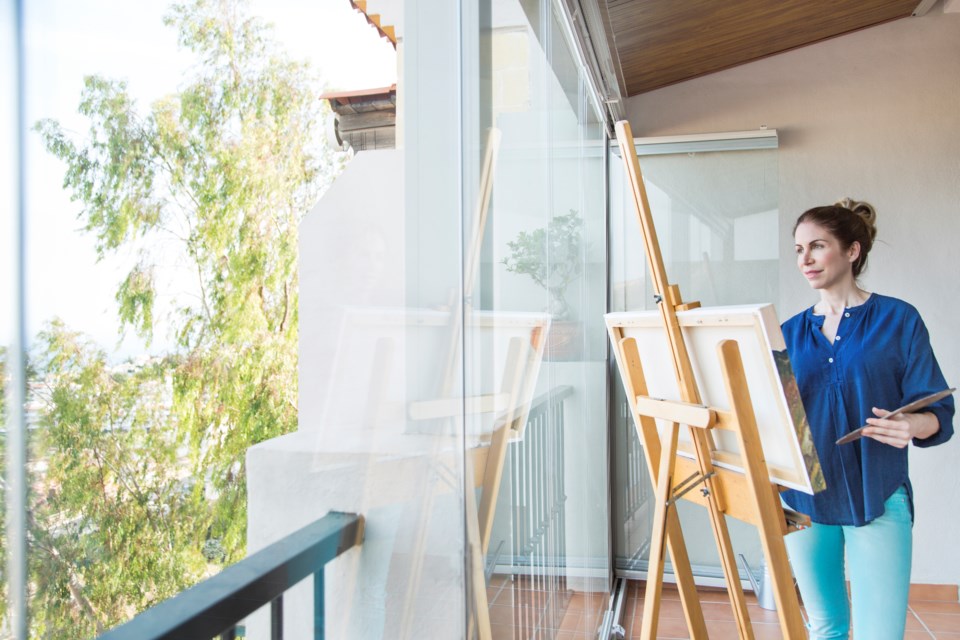When television star David Dochovny, of the locally filmed X-Files series, publicly complained about the amount of rain while filming in Vancouver, he weathered his own storm of criticism from residents.
"Vancouver is a very nice place if you like 400 inches of rainfall a day," Duchovny famously said back in 1997 on a popular, late-night talk show. "It is kind of like a tropical rain forest without the tropics."
While Duchovny eventually moved back to warmer, drier temperatures in Los Angeles, B.C., residents continue to enjoy our “liquid sunshine,” making inclement weather about the only other topic besides real estate to dominate discussions.
But amid the talk, and complaints, some innovative companies have seen rain and snow seasons as an opportunity for a new building advancement.
Given apartments with open-air balconies might only see about two to three months of use in a typical year, using retractable glass panel systems to enclose balconies allow weak winter sunshine and light in while keeping much of the cold wind and rain out. This offers apartment dwellers in some municipalities additional space to furnish and enjoy year-round without impacting their total floor space ratio or liveable space. That means their taxes and strata fees don’t increase for that space.
While enclosed balconies can’t be used as an extra bedroom, they function like a solarium with added energy savings thanks to thick, glazed glass and their use of recycled materials in manufacturing. They can also offer a 50 per cent noise reduction from traffic and other outdoor sounds.
The only problem is that this enclosed balcony design isn’t yet allowed in every municipality. We’re hoping that changes. Today, you’ll find some of these buildings in Langley and Abbotsford.
'Borrowed light' in bedroom three
Making better use of our space leads me to another design-related issue that drastically reduces the number of three-bedroom, family-friendly apartments we all want to encourage in our communities.
One of the municipal policies preventing more three-bedroom units is a requirement that each bedroom have a window to the outside, usually along the exterior walls. Sounds reasonable, for a low-rise apartment that might need an emergency fire escape route, but doesn’t make a lot of sense if you’re on the 25th floor. A fire truck ladder can’t reach that high, and; those high-rise windows often won’t open widely for child-safety reasons. These windows may be merely aesthetic, to let light in.
But that simple window policy fundamentally changes the way a building can be constructed, adding about 200 square feet onto the space required and increasing costs. Out of necessity, those larger, three-bedroom units are often corner units, or even penthouses, which are usually not affordable to the average family budget.
UDI has long called for the allowance of “borrowed light” or “indirect light” windows. That means a bedroom window could be on an interior wall, capturing light from an adjoining living room, but with frosted glass for privacy. They could also be built on lower floors, which are less costly to buy or rent. The City of New Westminster saw the light, and now permits this option for third bedrooms.
As a region, we must act collectively if we are to improve the availability of three-bedroom apartments for growing families. The regional government’s recently updated Metro Vancouver Housing Book confirms that just five per cent of all new units constructed between 2001 and 2016 had three bedrooms. More than half of all the units built during the same time were bachelor or one-bedroom units — 32,305 units, or 46 per cent of the total. Living in a one-bedroom apartment with children is a challenge.
The need is clear.
Anne McMullin is president and CEO of the Urban Development Institute, a non-profit and non-partisan industry association of the residential, commercial and industrial builders.



